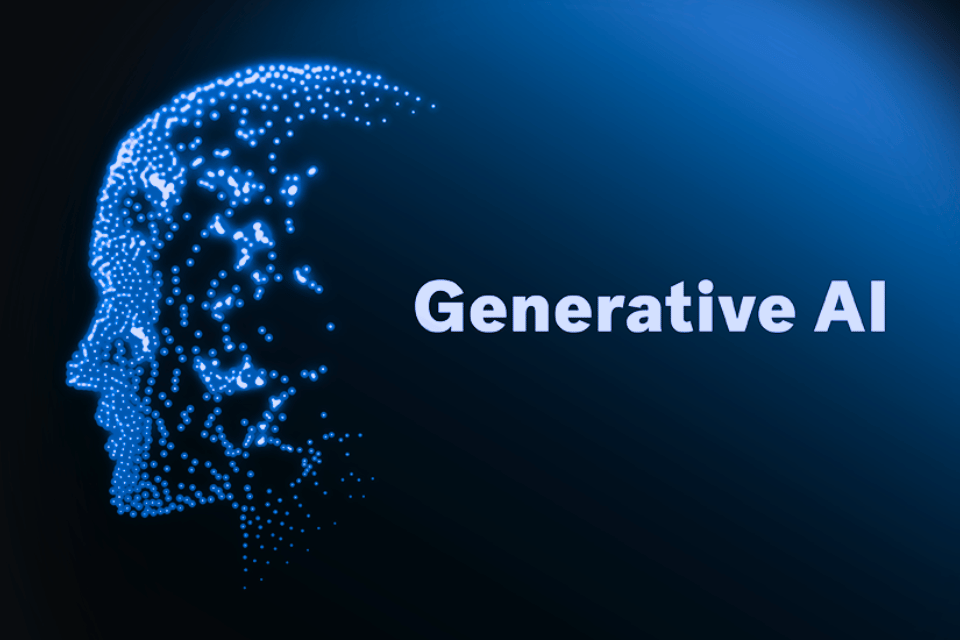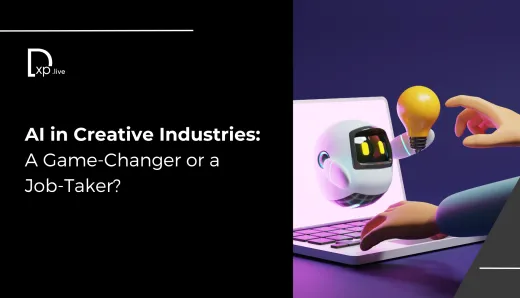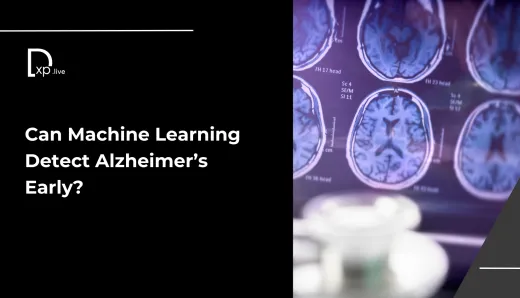From Experimentation to Transformation: The Role of GenAI in Modern Organizations

Generative AI (Gen AI)—the tool of choice for employees experimenting with cutting-edge tech in their day-to-day work. Whether it's helping write code faster or personalizing marketing content, AI is already creating ripple effects across industries.
But as McKinsey said, we’ve only scratched the surface. The real challenge now is taking those early employee experiments and turning them into a full-blown organizational transformation. This shift is critical if companies want to harness the full power of Gen AI and stay competitive.
Why Are Companies Struggling to Keep Up?
Many companies have been slow to adapt, but the employees are in a race to test out the AI tools. Workers across different departments, from software development to customer service, are using Gen AI to boost productivity. Well, without a companywide strategy, these efforts remain isolated and lack the scalability needed to truly transform business processes.
- Grassroots innovation: Employees have embraced AI on their own terms, using it to automate routine tasks, create content faster, and even troubleshoot customer issues. Yet, these innovations often happen in silos, disconnected from broader company goals.
- A fragmented approach: McKinsey points out that while experimentation is happening, there’s no unified strategy in most organizations to scale these AI-powered innovations. It’s like each department is reinventing the wheel rather than working together to drive larger, more impactful changes.
The Path to Full Organizational Transformation
Companies need more than just tools to fully realise the potential of GenAI—they need a transformation in how they operate. McKinsey: "This requires not just adopting AI but also revamping business processes, realigning roles, and investing heavily in reskilling employees."
- Redesigning workflows: For Gen AI to deliver its promise, companies must rethink their traditional workflows. Take marketing, for example: AI can enable true personalization at scale, automating everything from ad creation to customer interactions. But to make this happen, creative and data teams need to break down silos and collaborate more effectively.
- Investing in talent: Gen AI doesn’t just change what companies do; it changes who they need. As McKinsey points out, hiring won’t solve everything. Instead, organizations must invest in upskilling and reskilling their existing employees. Early adopters of AI, according to McKinsey's research, are already closing their talent gaps by focusing on employee development rather than relying solely on new hires.
Bridging the Talent and Technology Gap
The success of AI integration isn’t just about having the right tools; it’s about empowering employees to use those tools effectively. McKinsey's findings show that companies ahead in AI adoption place a significant emphasis on talent. They understand that AI isn’t just a technology shift—it’s a human one too.
- Upskilling employees: Whether it’s learning to craft AI prompts or understanding AI-driven insights, employees need new skills to thrive in an AI-powered workplace. Companies that invest in training and development will be better positioned to adapt to the fast-paced changes AI brings.
- Collaboration is key: AI-driven transformation requires a shift in how teams work together. Marketing teams must align with data analytics departments, and product managers need to work closely with engineers to create AI-powered products that resonate with customers.
AI Augments, Not Replaces, Human Effort
- While there’s always concern about AI replacing jobs, AI’s real power lies in augmenting human work, not replacing it. AI tools take care of repetitive, data-driven tasks, allowing employees to focus on more strategic and creative aspects of their jobs.
- The human touch is still critical, whether it’s making strategic decisions, providing empathetic customer service, or innovating new products. Employees empowered by AI will be able to focus on higher-value tasks, elevating both their roles and the overall performance of the organization.
The Ultimatum
- The shift from individual employee experimentation to full organizational transformation is the next big challenge for companies adopting Gen AI.
- It’s not enough for employees to use AI tools here and there.
- Companies need to adopt AI at the organizational level, redesigning their processes, investing in talent, and fostering collaboration across departments.
- This transformation won’t happen overnight, but businesses that embrace it now will be well-positioned to lead in the AI-powered future.
- Those that don’t risk falling behind as Gen AI continues to reshape industries.
Join the conversation! Stay ahead with our latest opinions on all the captivating topics!!




